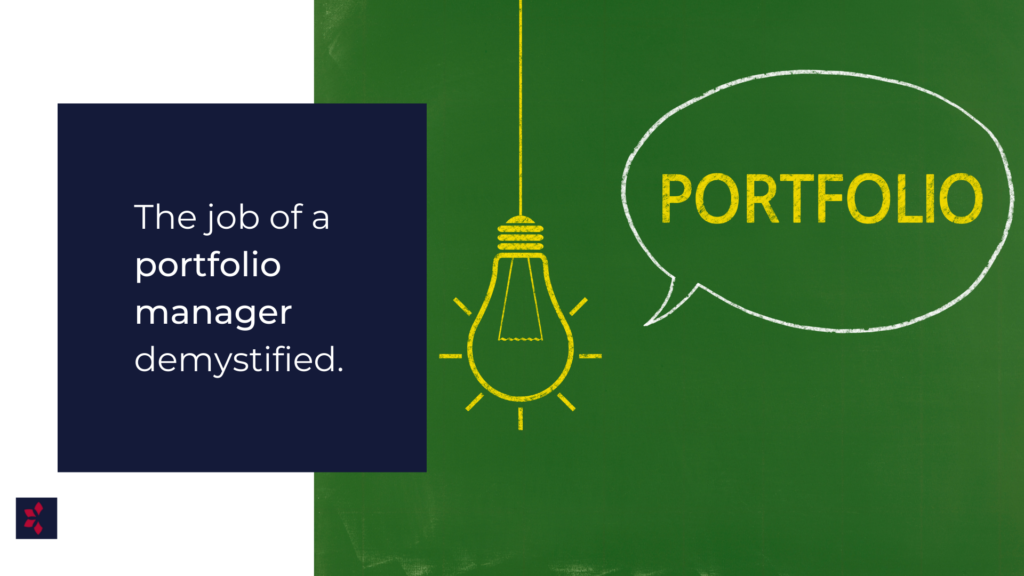What Is Royalty Income And Why You Should Learn More About It

Do you have a great idea that you’re sitting on, something completely new and unique? If so, royalty income may be an additional source of income for you.

Do you have a great idea that you’re sitting on, something completely new and unique? If so, royalty income may be an additional source of income for you.

Do you have someone in your life who seems to have complete financial independence, and wondered how they got there? It’s very common for financially successful people to own a property, or even a few and rent out for extra income. While owning a property can be very lucrative, there are a fair share of downsides associated with it, such as high upfront costs, property taxes, and volatile markets. In this guide, we shed light on one of the best kept real estate investment secrets—an alternative to owning a property and renting it out that still lets you reap the benefits of rental income.

Your financial situation and objectives are unique, and so your investment portfolio should be too. This article explains what a personalized investment portfolio is and how one can be created for you.

Have you ever come across someone who seems to have complete financial freedom, and wonder how they got there—what their secrets are? You may feel that sense of total independence simply isn’t in the cards, but ask yourself—why can’t that be you? This article takes you through seven unique streams of income that are at your disposal. Read more to be well on your way to financial prosperity!

A portfolio manager is a person who is responsible for investing clients’ money, implementing investment strategies, and monitoring the performance of the portfolio to meet his or her clients’ financial objectives. A large part of a portfolio manager’s day-to-day may include closely following financial markets and current events, conducting fundamental analysis on prospective and existing holdings, and deciding whether to continue to hold an investment, buy more of a current or new investment or sell an investment.
When it comes to selecting an investment management firm to manage your money (or your client’s money in the case of family offices), the portfolio manager is an important consideration as he or she has a direct impact on the performance of your portfolio. This article takes a comprehensive look at the day-to-day responsibilities of what a portfolio manager does which will provide you with a better understanding of how to evaluate portfolio managers.